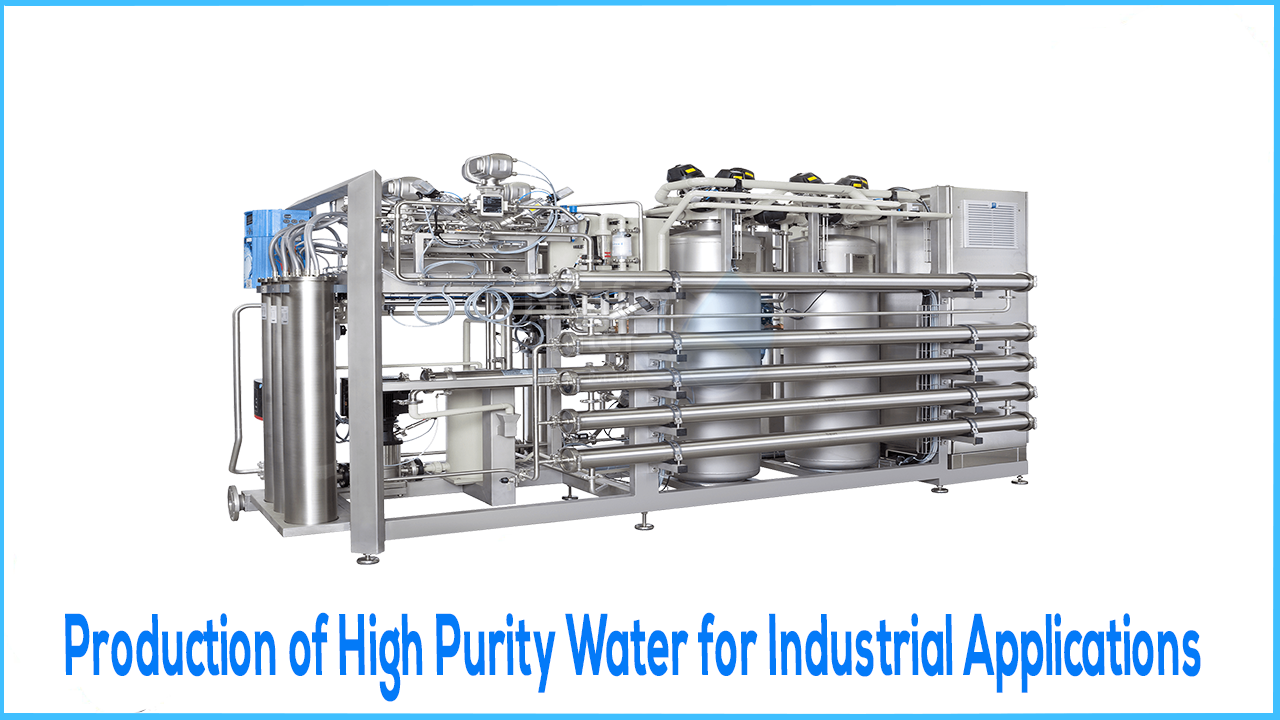Manufacturing and other industries use water during the production process for either creating their products or cooling equipment used in creating their products. Water is also used by smelting facilities, petroleum refineries, and industries producing chemical products, food, and paper products. Large amounts of water are used mostly to produce food, paper, and chemicals.
“Ultra-pure water” is the result of currently available technologies which remove the impurities as much as possible to approach theoretical H2O. Ultra-pure water removes those impurities such as suspended solid components, dissolved gas components, and microbes as much as possible with state-of-art technologies. Therefore, ultra-pure water cannot be defined chemically but it is a general term that has a certain range of the quality. LSI manufacturing processes require ultra-pure water with very high quality for cleaning not to cause contamination to silicon wafers or computer chips from water.
Industrial water consumption affects the production cost as well as the conservation of limited water resources, therefore, many industrial installations make efforts to reduce their water consumption by introducing in-factory water recycling systems in combination with wastewater treatment systems. The circulated use of water is usually applied to indirect systems, which are easily maintained due to absence of pollution in the systems. In the circulated use of water, soluble salts are concentrated in the system as evaporation proceeds. Thus, the quality of water should be controlled to avoid corrosion, deposition of scale, or generation of slime.
HIGH PURITY WATER SYSTEM (HPW SYSTEMS)
Utilizing reverse osmosis (RO), followed by deionization (DI), Netsol’s high purity water systems provide an economical approach to high purity water treatment that still leads as the go-to approach in most applications. Netsol Water Solution takes the RO/DI approach one step further by incorporating modern technologies such as membrane filtration (including ceramic membranes) to allow systems to treat feed waters typically considered unsuitable as a source of high purity water. By using continuous electro deionization (EDI) as the ion exchange process in the systems, elimination of hazardous acid and caustic necessary for regenerating conventional ion exchange systems take place, as well as eliminating the need for chemicals. These systems can all be equipped with remote monitoring capabilities, allowing the team to monitor the performance of the entire system, while providing operational guidance and predicting upcoming maintenance issues.
INDUSTRIAL APPLICATIONS
High purity water systems are designed for any industrial application requiring high purity water (>17 Megohm). Typical applications generally include boiler feed water, combustion turbine power augmentation (wet compression), manufacturing (such as glass production, electronics fabrication, and metal finishing), or hydrogen generation from electrolysers. These systems are designed to be cost-effective and dependable, using well-proven components from trusted vendors and maintaining a strict control on overhead costs. These systems are designed to be as energy efficient as possible, using high efficiency pumps and motors, variable frequency drives on all primary pumps, and incorporating the most energy efficient membrane types.



